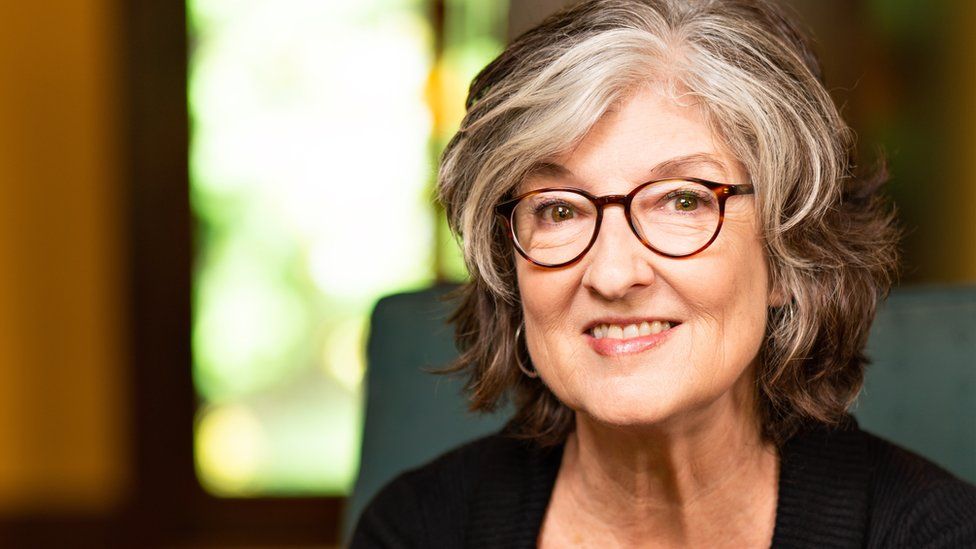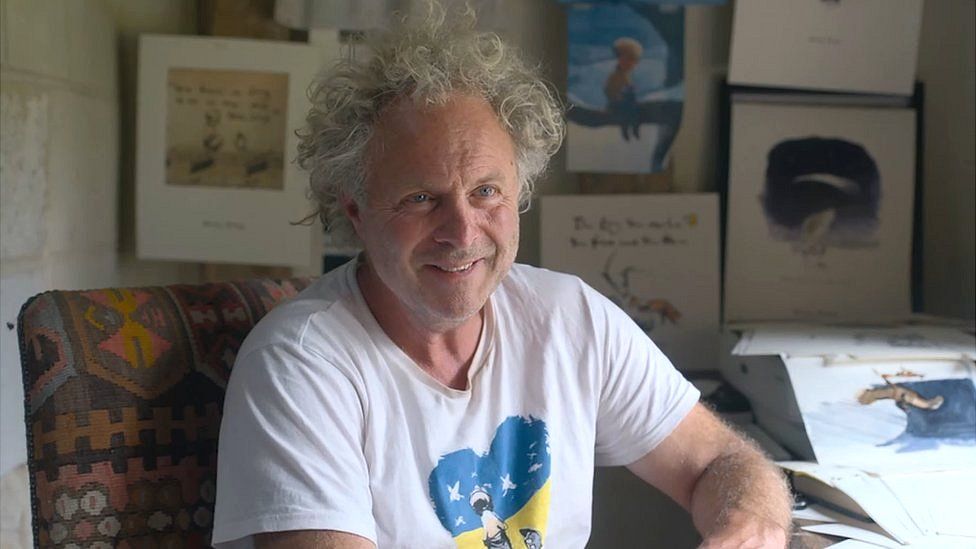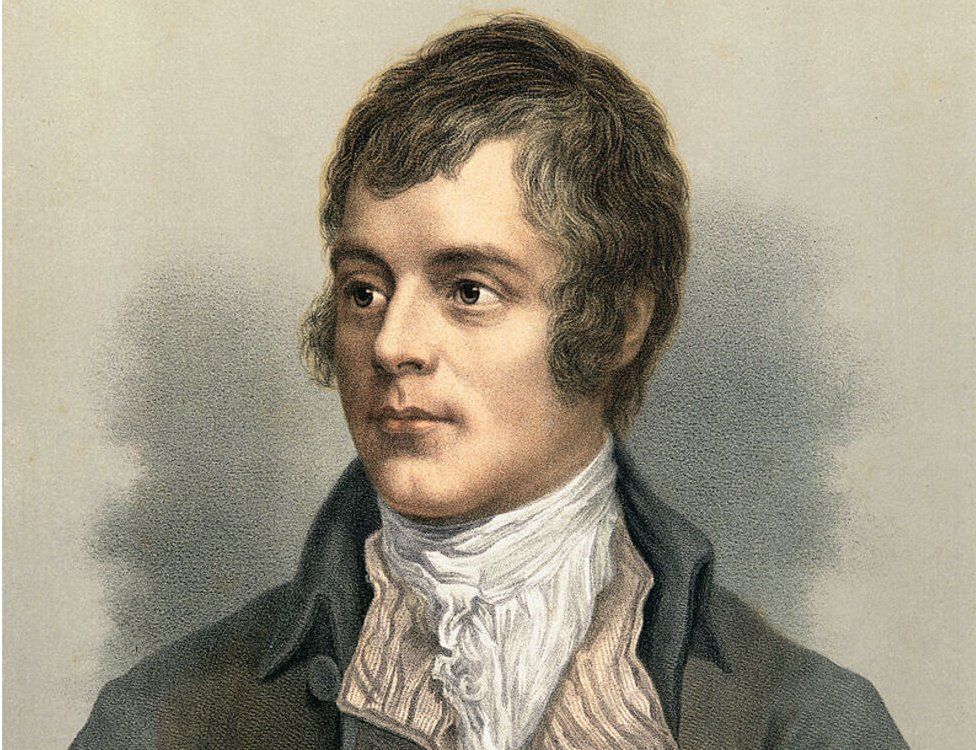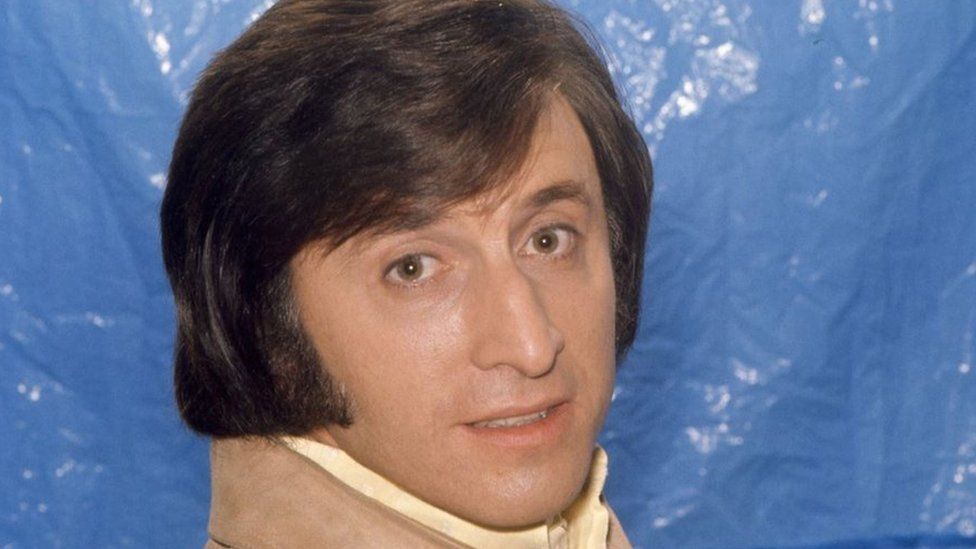The Women's Prize for Fiction for this year was awarded to Barbara Kingsolver for Demon Copperhead, her contemporary interpretation of Charles Dickens' David Copperfield.
Kingsolver is the first author to win the award twice. She also took home the prize for The Lacuna in 2010.
She stated that Dickens' 1850 book was written "to protest the ravages of poverty on the children of his time," and I wrote mine for the same reason. ".
"A towering, profoundly powerful and significant book," the judges praised it.
Demon Copperhead tells the tale of a boy born in a trailer park who must deal with foster care, labor exploitation, addiction, love, and loss while setting the story in contemporary Virginia's Appalachian Mountains rather than Victorian England.
The Women's Prize judges, led by former BBC Breakfast presenter Louise Minchin, declared it "a unanimous decision.".
In Minchin's words, the book is "an exposé of modern America, its opioid crisis, and the detrimental treatment of deprived and maligned [rural] communities.".
Brilliant and gut-wrenching, it is storytelling at the pinnacle of its craft. Demon's gentle optimism, tenacity, and resolve despite all the odds against him moved us all to tears. ".
For her tenth book, Kingsolver said it was "challenging and also fun" to adapt Victorian people and events to modern settings.
At a ceremony in London on Wednesday, Minchin gave the US author the £30,000 prize. The fiction Pulitzer Prize for Demon Copperhead was also awarded earlier this year.
The Women's Prize, now in its 28th year, recognizes "outstanding, ambitious, original fiction" written in English by female authors from all over the world.
- Barbara Kingsolver's Demon Copperhead was the winner.
- Jacqueline Crooks, author of Fire Rush.
- "Treasons" by Louise Kennedy.
- Priscilla Morris' Black Butterflies.
- Maggie O'Farrell's The Marriage Portrait.
- Paull, Laline.







